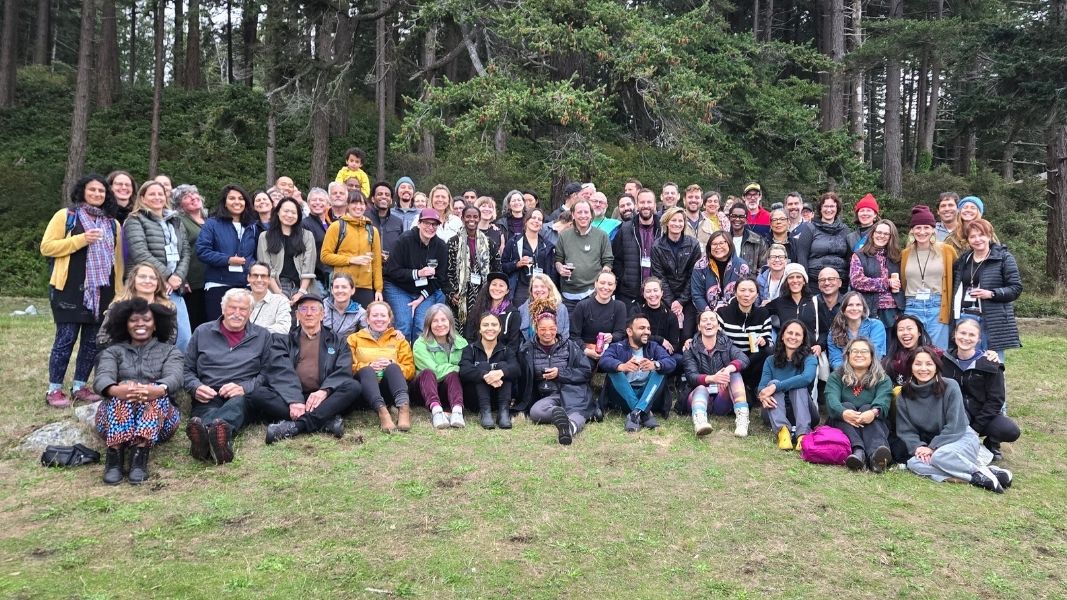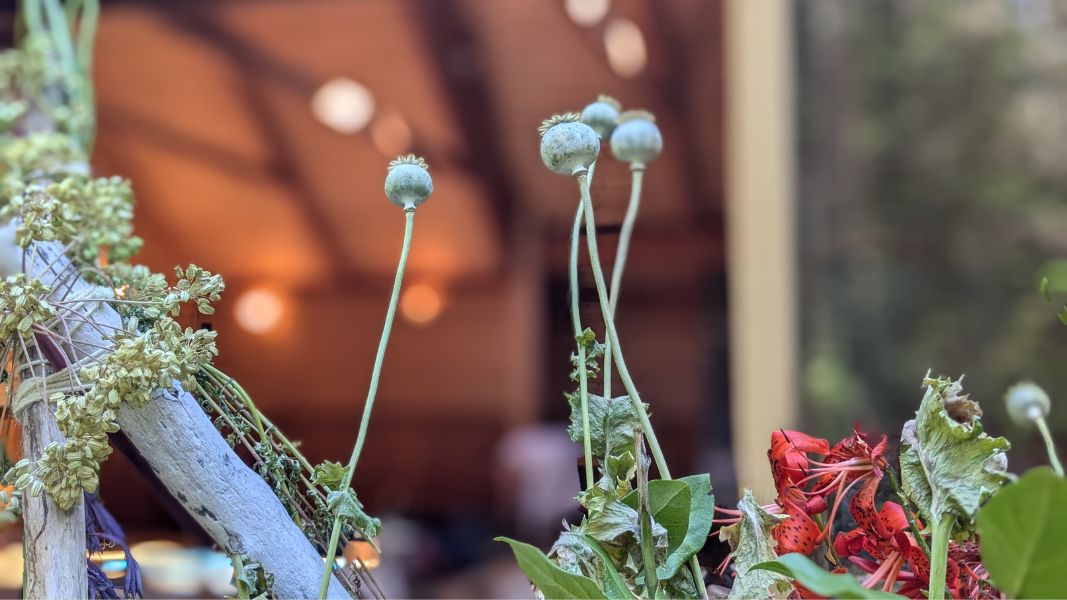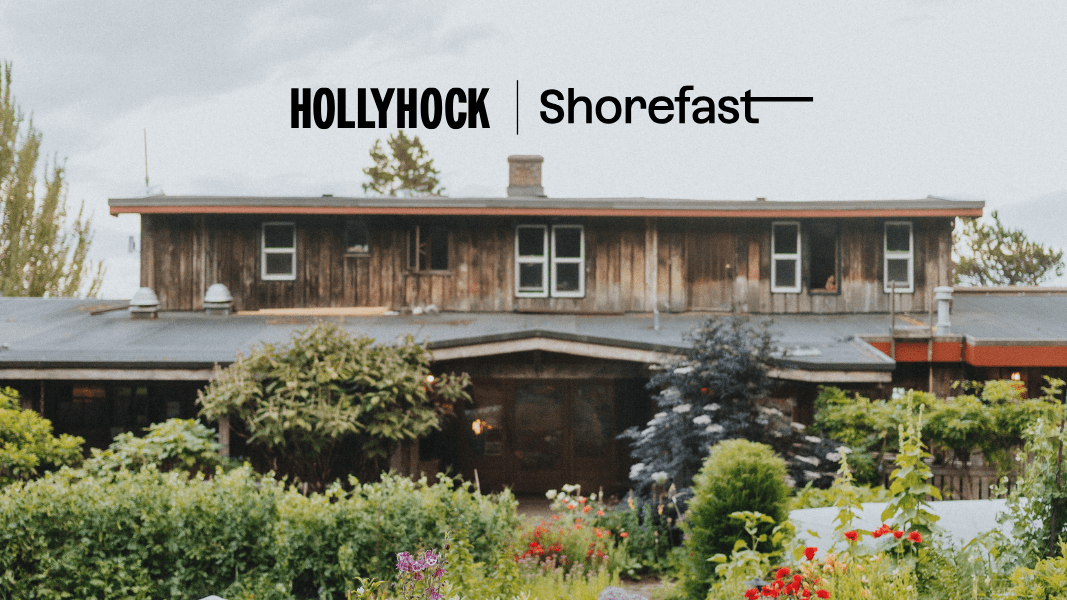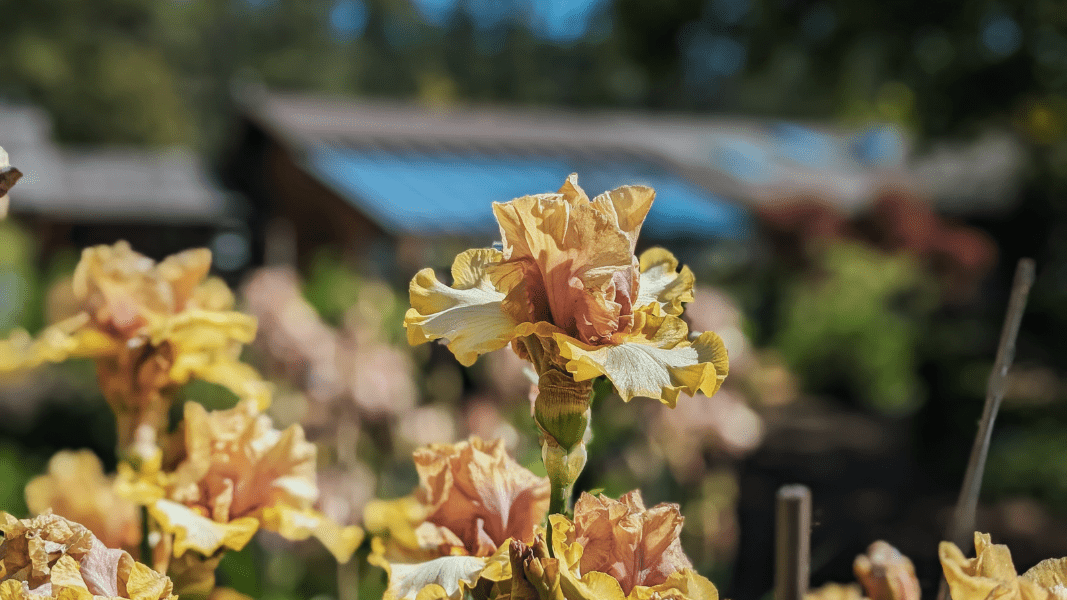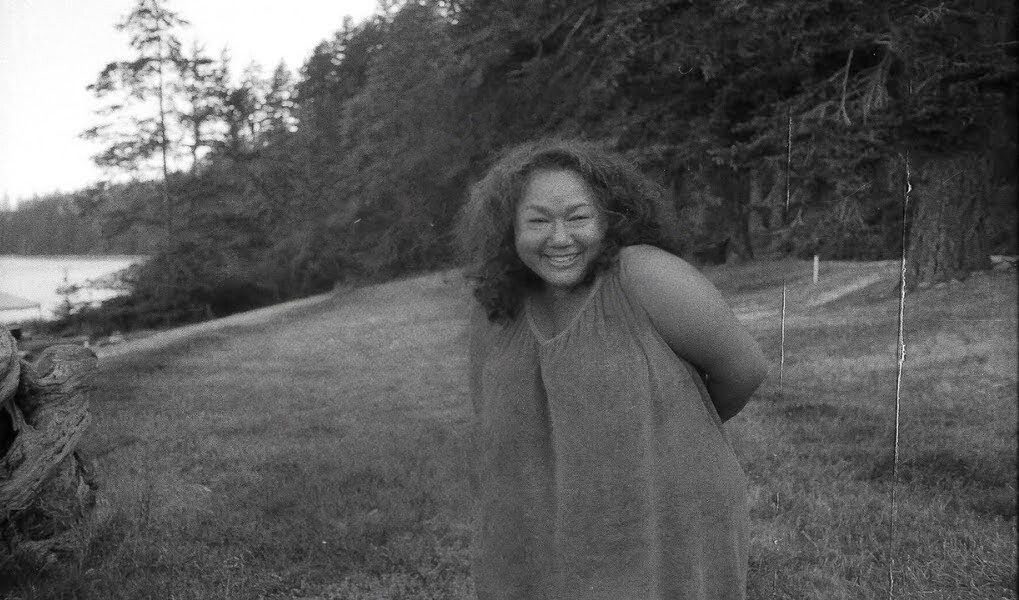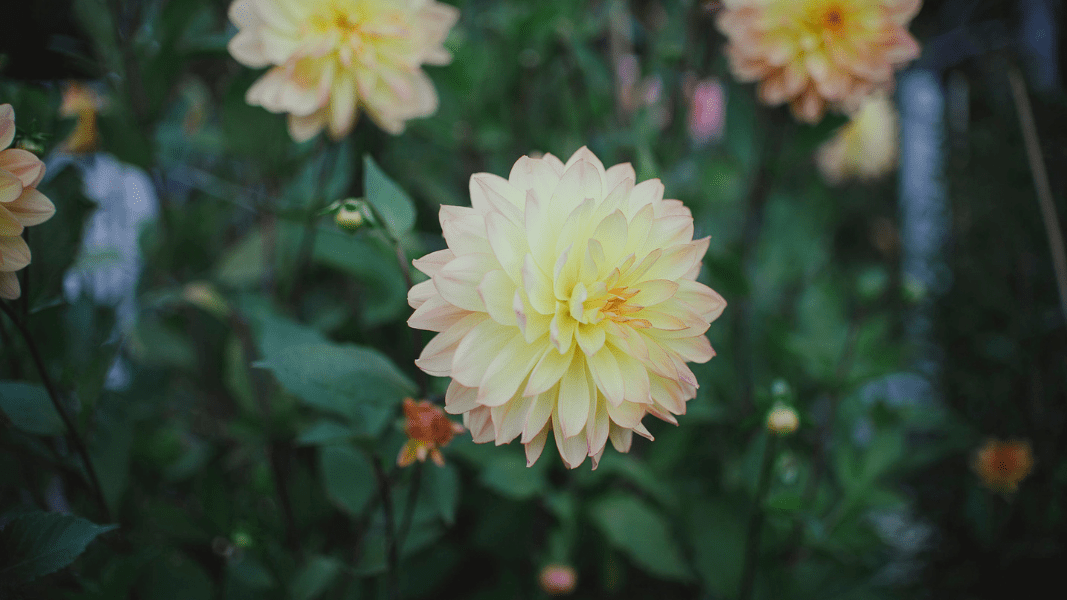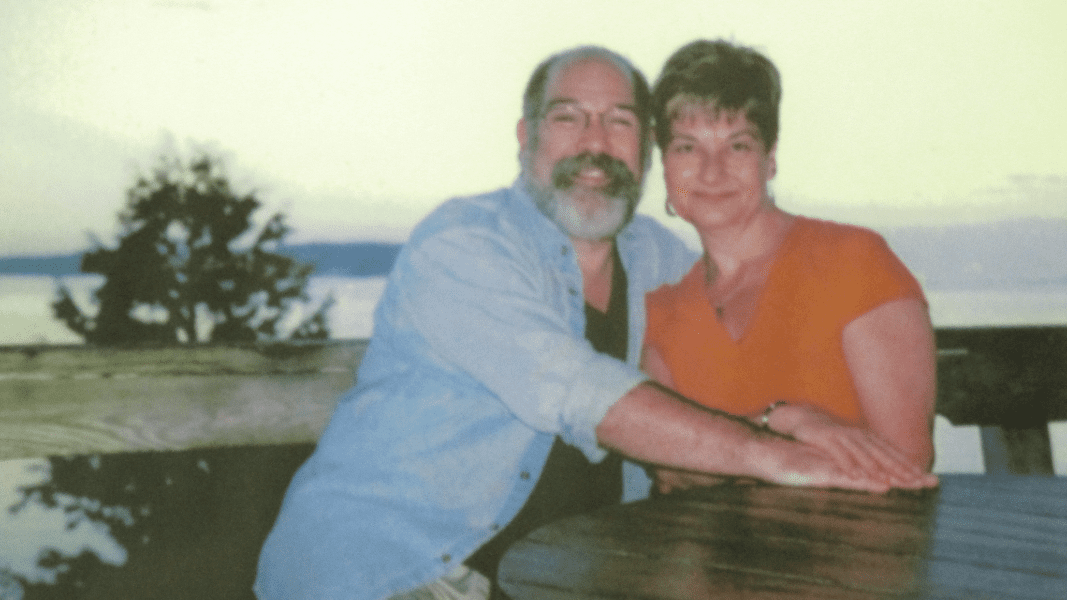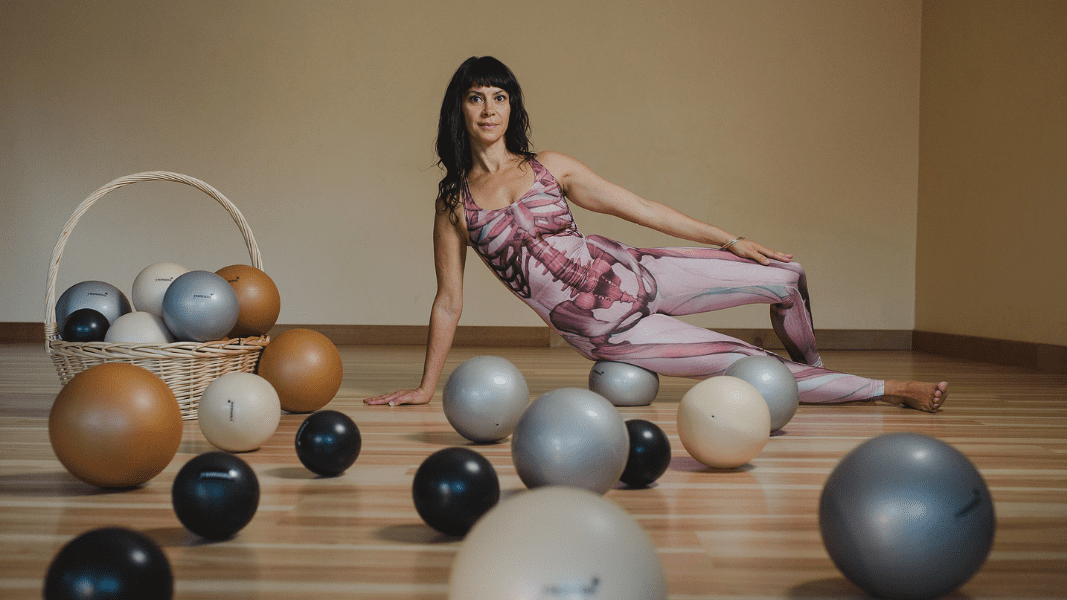A podcast is a great way to explore and reflect your own inner journey, your favourite hobby, or the story of your community or organization. We are immersed in sound all the time – and yet, in media, social sciences, arts, and communications, sound has been a relatively under-explored component. However, with the rise of podcasting and the rebirth of radio in recent years, the sound arts are once again gaining currency. Podcasting, due to the intimate nature of the medium and its accessibility, is a powerful agent of social change. Learning to listen closely and telling stories through sound are both vitally important skills in an era when our social discourse has devolved into a spasmodic binary argument between “us and them.”
Thinking of starting a podcast? Here are 5 critical things to keep in mind:
1 – Frequency. How often is enough?
The answer depends on how much time you have to give to your podcasting project. The important thing is to be consistent. Once a month is fine, once a week is better, but whatever you do – stick to it. That way your audience learns to count on you.
2 – Format. What’s best?
There are many ways to set up your podcast: Informal and discussion-based, narrated and carefully scripted, single-guest, round-table, remote guests, recorded in the field, or in-studio. Each of these formats has pros and cons. Be realistic with yourself. If you’re not able to travel that often, don’t set up a podcast that relies heavily on field recordings. If you don’t have access to a large enough recording space and loads of gear, think about a single-guest format. As with frequency, try to be consistent.
3 – Recording. What gear?
The barrier to entry for podcast recording is low. In fact, many podcasts are recorded using the recording technology built right into a smartphone. But if you want better audio quality and the flexibility to record (and mix) multiple guests in various formats, consider investing in a portable recording device, such as a Tascam or a Zoom, and a decent vocal mic.
4 – Location: Do I need a studio?
Studios are great, especially for multi-guest set-ups. But many excellent-sounding podcasts are recorded in makeshift studios. The important thing is to find a compact room and control any unwanted noises such as fans, air conditioners, or noisy furnaces. Avoid rooms with glass walls or windows, or high ceilings, as these tend to sound echo-y. You can dampen the sound in a room by hanging blankets, or bringing in carpets or soft furniture. Some first-rate podcasters even choose to record their podcast in a closet. If you do this – make sure you don’t get locked in, like happened to this woman!
5 – Topic: What should my podcast be about?
The great thing about podcasts is the wide variety of topics they address. The internet supports niche audiences, so if you have a particular interest and want to talk about it in a podcast, cross-post your work on related websites and chat rooms, and it will find a keen audience. That said, if you really want your podcast to take off with a wider audience, you need to fall back on good old-fashioned storytelling skills, and great use of sound. Listen to the best to get better. A great place to start for inspiration? Try Radiolab, out of WNYC Studios.
These tips have been provided by creative writing professor Jen Moss and acoustic ethnographer Jennifer Schine, aka “Team Jen,” who will be presenting Podcasting: The Story from Hear at Hollyhock this summer (Aug 28-Sept 1).


